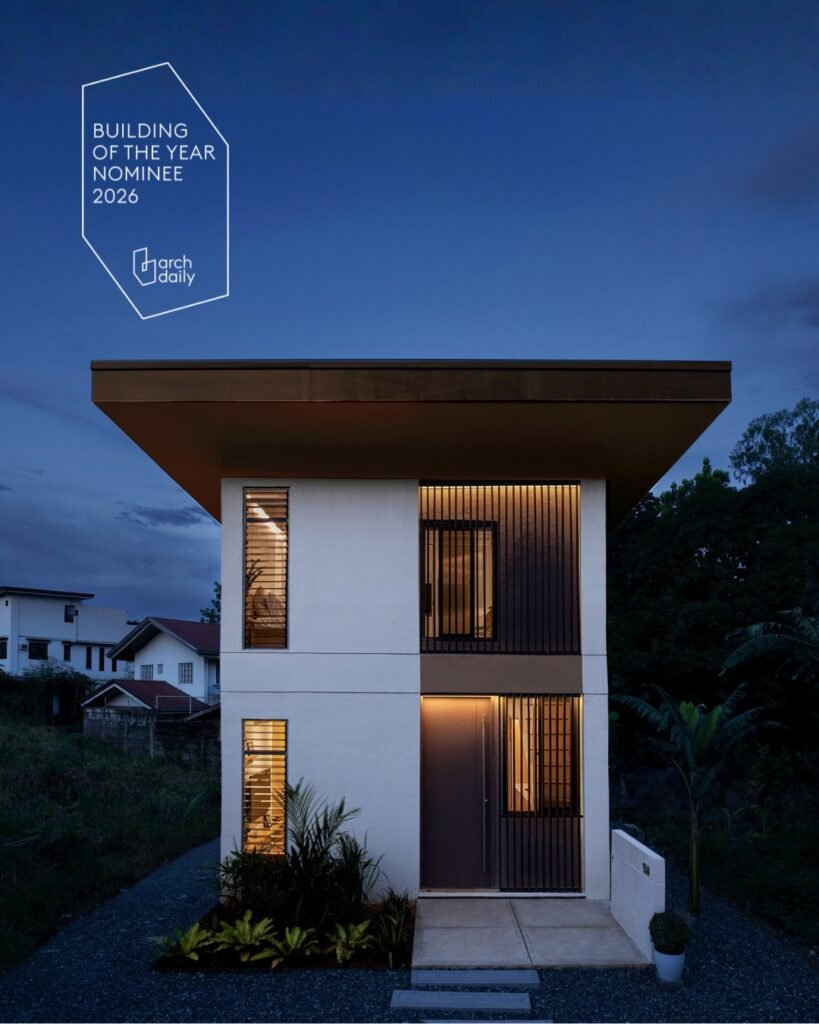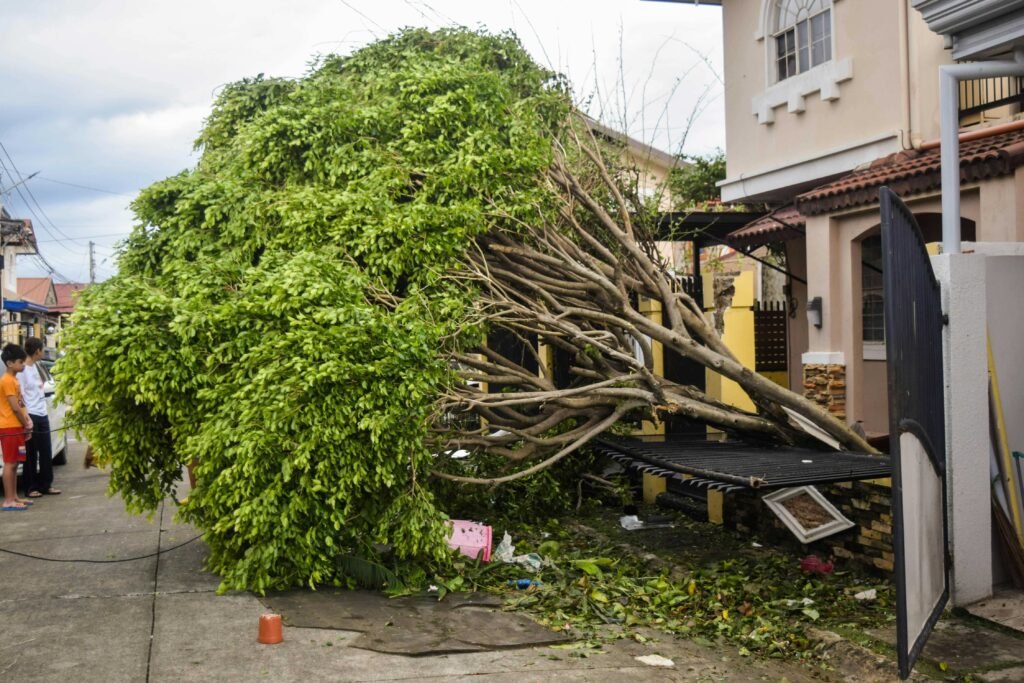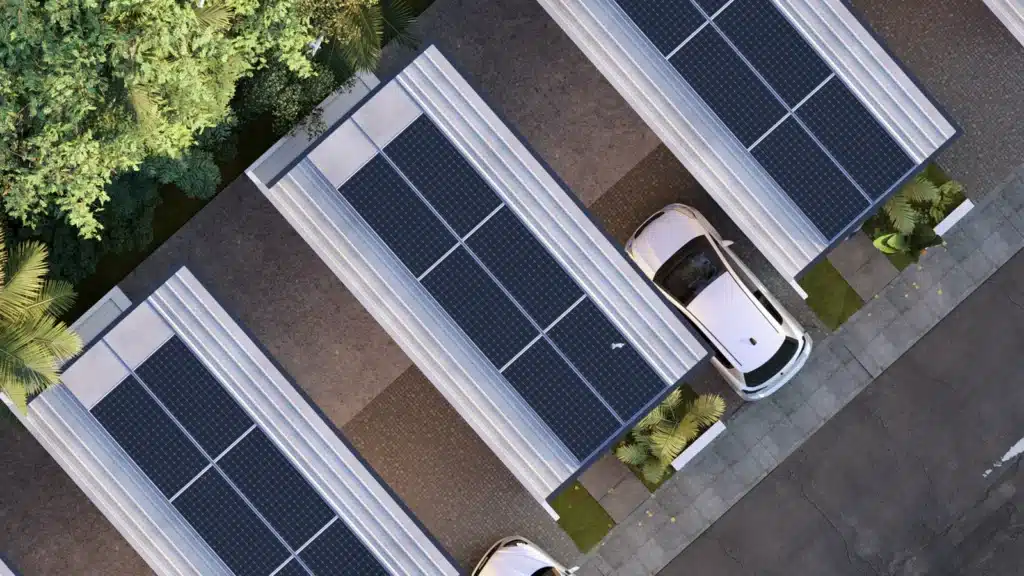Embrace the journey towards sustainable energy in the Philippines, with a focus on harnessing wind power for a cleaner, greener future in the move towards a net-zero lifestyle.
Bangui, Ilocos Norte, Philippines. PHOTO: Ralph Olazo on Unsplash
In the heart of Southeast Asia thrives a nation vibrant with the strength of its people and the richness of its natural resources—The Philippines. The Pearl of the Orient Seas is rich in natural resources, cultural heritage, and boundless potential. With the Philippine government’s initiative toward green energy, the approach to sustainability stands as a lighthouse in the region, guiding the path toward a net-zero lifestyle.
The Current Pioneering State of Renewable Energy
Currently, the country stands strong on the front lines of renewable energy, moving toward a brighter, more sustainable future. This move is propelled by a shared recognition of the country’s energy challenges, from supplying remote regions to meeting growing urban demands.
The Philippines is making a big push for green energy, especially wind energy. This drive resonates with our shared commitment to a net-zero lifestyle. In the face of energy challenges, the impressive strides the Philippines has taken in renewable energy remain an emblem of resilience.
Harnessing the Winds: The Potential of Wind Energy
Fortunately, the Philippines is geographically blessed, with strong monsoons sweeping across the archipelago, which makes it an ideal location for harnessing wind energy. Numerous wind energy projects are set up across the country, demonstrating the significant steps taken toward sustainable construction and renewable energy.
Sites like the Bangui Wind Farm in Ilocos Norte and the Pililla Wind Farm in Rizal have proven to be successful examples of this progressive move. Wind energy not only meets a substantial part of the nation’s energy demand but also aligns with our collective goal to address climate change and promote sustainability.
Wind energy not only addresses a significant portion of the country’s energy demands but also carries profound environmental benefits that resonate with our shared commitment to sustainability.
Innovations at the Forefront: Tech Advances and Wind Energy
Technological advancements in wind turbine technology, refined through international collaboration and local expertise, have amplified the effectiveness of wind energy in the Philippines. This synergy between technology and nature underscores the robust potential of sustainable housing and architecture.
Moreover, local technological innovations are contributing to a brighter future of increased wind energy efficiency—a testament to the transformative power of shared global knowledge and the resilience of local ingenuity.
Wind Energy and Economic Prosperity
First and foremost, the steady transition to wind energy opens the doors of job creation across the Philippines. From the engineers designing the turbines, the skilled construction workers that bring them to life, to the operators and maintenance crews ensuring smooth sailing, wind energy fills gaps in employment. By igniting these opportunities, the breath of wind energy stokes the fire of economic prosperity and personal livelihoods.
Next, wind energy offers the gift of energy price stability. Unlike traditional energy sources that fluctuate based on raw material cost, political instability, and geographic constraints, the cost of wind energy remains relatively stable over time. The wind is free and abundant across the archipelago. It’s an insurance against the volatile prices we often see in non-renewable energy sources, providing financial predictability and security in the long term.
As the sails of the Philippine economy are set in the direction of wind energy, we see an abundance of business opportunities. Domestic and international investments are encouraged by the prospects of sustainable profitability in the renewable energy sector. Each dollar invested helps the nation sail closer to its renewable energy targets, all the while boosting the national economy.
Imbued with the power of the wind, the Philippines stands on the threshold of an economic upturn—true winds of prosperity. Wind energy is poised to usher in a new era of prosperity for the Philippines, embracing sustainability and driving robust and enduring economic growth.
Policy Advocacy: The Role of Government Support
The Philippine government, acknowledging the transformative power of wind energy, has laid a powerful policy framework to support renewable energy initiatives. Although there’s significant progress, there’s an ongoing need for proactive policy development to foster more wind energy projects.
Success stories from other countries shine a light on potential adaptations for the Philippine context—a reflection of the thing that unites us all in this journey towards sustainability: continued growth, change, and adaptability.
One notable example is the National Renewable Energy Program (NREP), which serves as a comprehensive framework aimed at accelerating the country’s adoption of renewable energy resources, including the development of a sustainable architecture.
The NREP sets the strategic building blocks to help the Philippines achieve its goals set by the Renewable Energy Act of 2008. Developed by the Department of Energy (DOE), the NREP has set ambitious targets, such as tripling renewable energy output by 2030.
By reaching these goals, the Philippine government aspires to adapt renewable energy more widely, utilizing resources such as hybrid technologies, reducing carbon dioxide emissions, and mitigating climate change.
The Wind is Calling: Join Us in this Commitment to Change
Embracing wind energy signifies the country’s movement toward net-zero living—an embodiment of resilience, sustainability, and hope for the earth’s future. We’re all active participants in this journey.
I’m starting to go with the flow of the breeze, feeling its warm embrace and a better future ahead. Let’s all move towards a sustainable lifestyle and make a lasting difference in our world. It’s a bold step, but it’s the right one for us and for generations to come.
BillionBricks is building the first net-zero homes in the Philippines. Start your journey toward a sustainable lifestyle. Contact us at: https://billionbricks.org/sign-up.
If you’re passionate about renewable energy and want to learn more, we recommend you dive into our article that’s filled with valuable insights. Take a look at Exploring Philippine’s Progress in Solar Energy Adoption
Sources:
-
Princess Catherine Pabellano. Harnessing the Power of Nature: Rise of Wind Energy in the Philippines. Retrieved from https://billionbricks.org/updates/harnessing-the-power-of-nature-rise-of-wind-energy-in-the-philippines#:~:text=Wind%20Energy%20Projects%20in%20the,a%20capacity%20of%20150%20MW.
-
Travel Through Paradise. Bangui Wind Farm – Bangui (Ilocos Norte). Retrieved from https://travelthroughparadise.com/destinations/articles/Bangui_Bangui_Wind_Farm.php
-
The Poor Traveler. PILILLA WIND FARM IN RIZAL: Windmills Near Manila. https://www.thepoortraveler.net/2016/07/windmills-rizal-wind-farm-pililla-manila/
-
Department of Energy. National Renewable Energy Plan. Retrieved from https://www.doe.gov.ph/national-renewable-energy-program#:~:text=The%20NREP%20lays%20down%20the,least%2Dcost%20renewable%20energy%20development
-
Government of the Philippines. Republic Act No. 9513. Retrieved from https://www.officialgazette.gov.ph/2008/12/16/republic-act-no-9513/
-
Department of Energy. Retrieved from https://www.doe.gov.ph/





